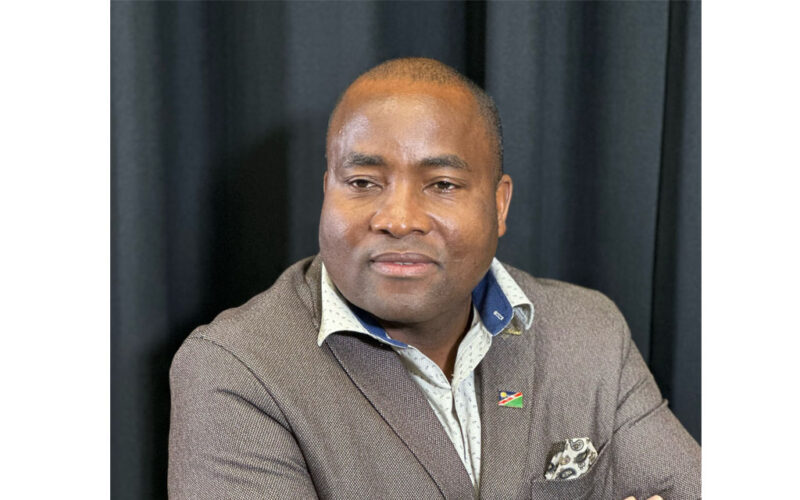Chamwe Kaira
Green hydrogen and the discovery of oil are instilling hope in Lüderitz, as these industries promise significant development. The realisation of these ambitious projects hinges on substantial support from the central government, particularly in terms of crucial infrastructure and town expansion.
Lüderitz is set to host a remarkable N$10 billion green hydrogen industry, while the revelation of over 11 billion barrels of offshore oil reserves in the Atlantic Ocean is expected to catalyse the town’s growth.
Fluksman Samuehl, CEO of the Lüderitz Waterfront Development Company, emphasized the importance of coordinated efforts between investors and the government to ensure holistic development. He also underscored the need to manage the soaring expectations generated by the green hydrogen hype.
Samuehl drew inspiration from the successful model of Rossing Uranium Mine in Swakopmund, where visionary leadership in the 1970s and 1980s promoted sustainable socio-economic development. Today, Swakopmund boasts quality housing, hospitals, a golf course, sports initiatives, training and skills development programs, and other essential amenities that stemmed from Rossing’s interventions.
Lüderitz, like Swakopmund, stands to benefit greatly from large-scale social investments, particularly considering the heightened expectations arising from the green hydrogen project. With many people flocking to Lüderitz in search of job opportunities due to high youth unemployment, the town has witnessed increased interest in land acquisition for residential, business, and warehousing purposes.
Samuehl emphasized the need for careful risk management to ensure optimal benefits from large-scale projects.
The influx of people to the town has significantly boosted the hospitality industry, with properties for rentals and specialized services in high demand. International expatriates working on oil rigs and the aviation industry have particularly benefited from this trend. Samuehl welcomed the reintroduction of daily flights by Fly Namibia, noting its positive impact on local tourism and the town’s accessibility.
The community has been actively involved in consultations concerning housing, roads, sports facilities, schools, hospitals, and entertainment amenities. In collaboration with the Lüderitz Waterfront,
Debmarine Namibia is establishing the National Maritime Museum, set to open to the public soon as part of the second phase of the Lüderitz Waterfront Development.
Samuehl said the Lüderitz Waterfront Development Company possesses substantial prime sea-view land in the central business district, which is earmarked for projects such as a medical clinic, retirement village, luxury sea-view apartments, a shopping center, and a new 100-room seafront hotel. These endeavors will be pursued through Public-Private Partnerships, leveraging the acquired land to facilitate further development in alignment with the town’s evolving needs, he added.




